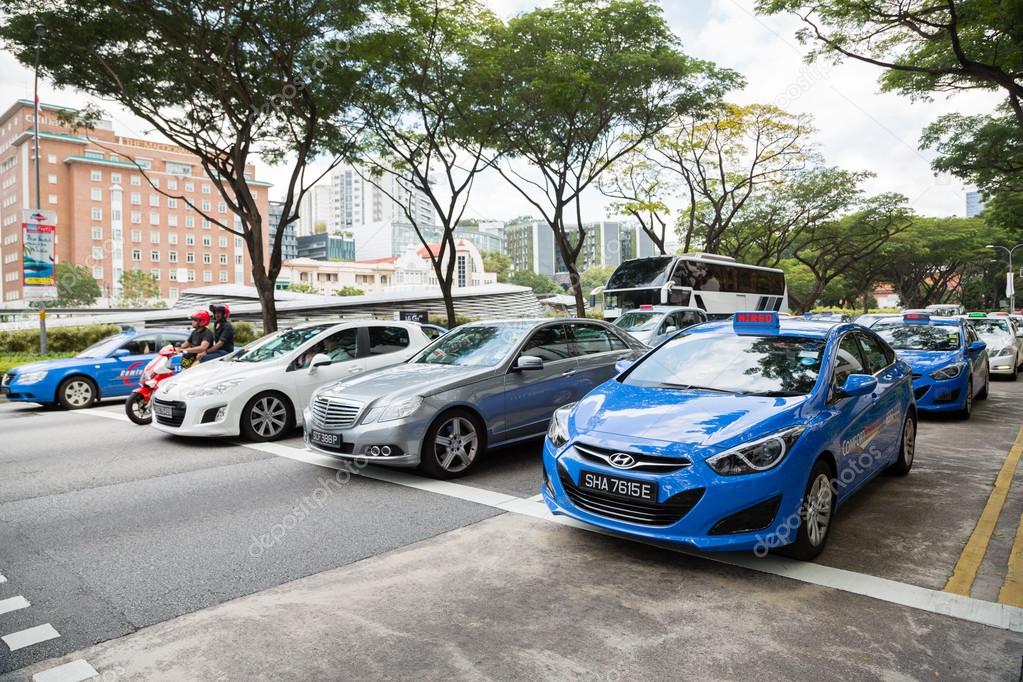What are the 5 things to consider before renewing your COE

It is common knowledge that in Singapore after five years or ten years, a vehicle’s COE needs to be renewed. If renewing your COE is on your mind, here are the things to consider.
1. How many years to renew COE?
In Singapore, you can choose to renew COE for your car for either 5 years or 10 years by paying a Prevailing Quota Premium (PQP). You can still choose to renew COE after 10 years and not go through the mandatory parting of your vehicle after having it for 10 years, which is a quite common practice by drivers in Singapore.
If you choose to renew your COE after 10 years, your Preferential Additional Registration Fee (PARF) rebate is forfeited. If you choose to renew the car for only 5 years, you pay only half of the Prevailing Quota Premium (PQP). Opting for a 5-year renewal also means that you will not be able to extend your car’s COE any further after that. Renewing your car’s COE is a great option if you are looking forward to driving for the next 5 or 10 years.
2. Cost of maintaining your car
Before renewing the COE of your car, you need to know whether the car will be able to last this long. If it is an aging car, there will be the cost of maintenance throughout the months or years to ensure that it is able to sustain on the roads of Singapore. It is common knowledge that a car tends to break down more often as it gets older, especially if it is a well-used 20-year old car. It is not easy to maintain a car, as spare parts don’t come cheap. For example, a major mechanical issue with an aged car a year might cost around $2,000 to repair. If you are renewing for 10 years, you should be ready to shell out around $20,000 for your car’s maintenance.
3. Road tax in Singapore
When it comes to road tax in Singapore, there is an additional surcharge for cars that are over 10 years old. The additional surcharge levied is from 10% up to 50% of the vehicle’s regular road tax rate per year. There is also an increase in road tax cost for vehicles with a large engine capacity.
4. Preferential additional registration fee (PARF) rebate
The Preferential Additional Registration Fee (PARF) Rebate is the amount of money given back for the unused time of your existing COE. PARF is given when you deregister your car before its COE expires. Getting a new car does not come cheap and if you don’t have the budget to get a new car, you can just renew your COE. Though by choosing to renew your COE, you will have to give up your PARF’s rebate.
5. Getting a motor insurance
For cars that are not older than 10 years old, insurers in Singapore offer Comprehensive plans as well as Third Party, Fire and Theft, and Third Party Only insurance plans. Some insurance companies offer comprehensive insurance plans for cars that are up to 15 years old. If your vehicle is older than that, then you will only be able to purchase Third Party, Fire and Theft, and Third Party Only insurance plans. The insurance premium for cars with renewed COE is most likely 10% or 20% higher than for cars that are new or used.
InsureDIY is where you can easily buy a car insurance policy with your choice of benefits and premiums. There is a range of insurance plans offered by Singapore’s top motor insurance companies, such as MSIG, NTUC Income, AXA, Liberty, Hong Leong Assurance (HLA), and Sompo. For any help or suggestions, do not hesitate to contact us at [email protected], or retrieve a free quote here .
Do not forget you have the option to scrap the car
Connection of a car’s market value and COE renewals
When your car’s market value rises, COE renewals tend to be more cost effective. The COE for high-end cars is most likely only up to 20% of the car’s total price. As for family sedans, the COE is about 60% of the vehicle’s overall cost. This is why it is much more advantageous to renew the COE of a high-end vehicle instead of an affordable one.
Weekend car (WEC) or an off-peak car (OPC or Revised OPC scheme)
If your car is a Weekend car, or an Off-Peak car, it might not be worth it to renew the COE. The reason is that you will end up paying the Prevailing Quota Premium (PQP) for your car as if it is a normal car. A Weekend car, or an Off-Peak car’s low rates do not have any connection with COE renewal. After paying the PQP, the car will still be a Weekend car, or an Off-Peak car. Only go ahead with the COE renewal, if you have no other option.
So what InsureDIY says : Buy a new car or renew COE?
In different ways, renewing a car’s COE might be a better choice to save money than buying a new car. However, if it is an aged car over 20 years old, you need to have the right kind of budget to maintain the car well enough that it can be used for another 5 or 10 years. Bear in mind that to buy a new car, you need to have your deposit ready, get a car loan, pay for road tax, purchase COE and a motor insurance, among the many things that you need to do. If you don’t have the budget to start over with a new car, renewing your current car’s COE is your next option.
InsureDIY has financial advisers that can help you make the right choice and answer any of your questions. Simply email us at [email protected] anytime!





